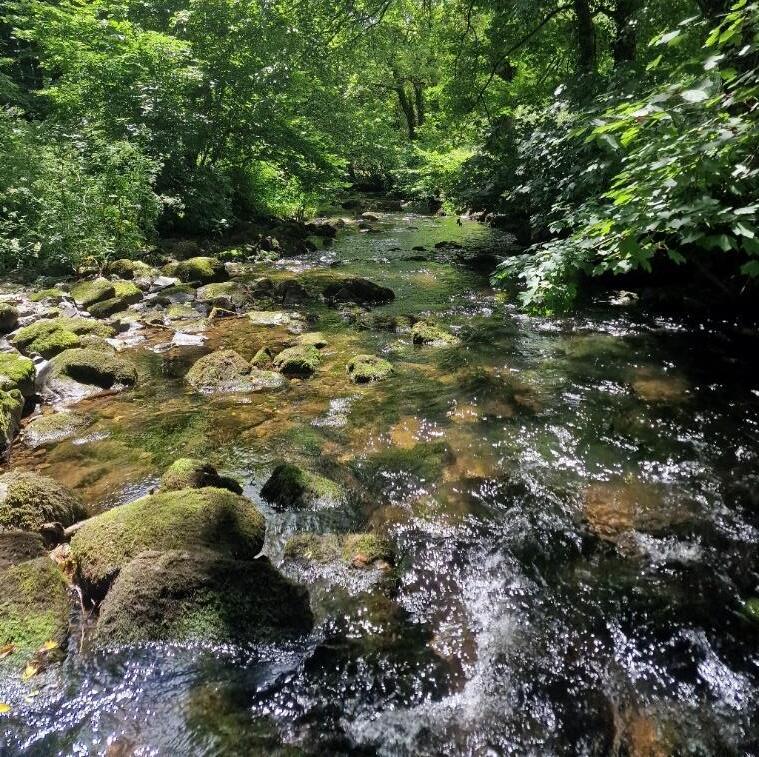
3 minute read
Introduction
Semi & Fully Quantitative Electric Fishing Surveys
River Camel
January 2023
Hannah Winchester

Westcountry Rivers Trust is an environmental charity established in 1995 to restore, protect and improve the rivers, streams, and water environments in the region for the benefit of wildlife and people.
This report has been written and prepared by: Hannah Winchester
Published by: Westcountry Rivers Trust Rain Charm House, Kyl Cober Parc, Stoke Climsland, Callington, Cornwall, PL17 8PH.
Tel: 01579 372140
Email: info@wrt.org.uk
Web: www.wrt.org.uk
Charity no. 1135007
Company no. 06545646
© Westcountry Rivers Trust: 2023. All rights reserved. This document may be reproduced with prior permission of the Westcountry Rivers Trust
Executive Summary
Westcountry Rivers Trust (WRT) undertook electric fishing (EF) surveys throughout the River Camel catchment during the summer of 2022. The surveys are a continuation of monitoring undertaken as part of the Water for Growth Project (W4G) and is the sixth year of Fry Index Survey monitoring, the second year of additional quantitative areabased surveys conducted on the catchment and the final year being funded by this project. Both salmon and trout are present throughout the Camel catchment with most of the salmon spawning occurring on the main river, whereas most of the trout spawning occurred in tributaries. It should also be noted that summer 2022 was the driest since 1995 as well as the second hottest year on record. Conservation strategies, such as the Defend/Repair/Attack approach, have been applied on a sub-catchment level dependent on classifications received during the semi-quantitative surveys. Works undertaken through the W4G project have been commented on where it is believed fish passage improvements have increased salmonid recruitment or where fish passage concerns are restricting access to certain areas.
1. Introduction
The Westcountry Rivers Trust (WRT) undertook semi-quantitative fry index and quantitative area-based electric fishing surveys of the River Camel catchment in August 2022. This was the sixth consecutive year of fish monitoring undertaken by WRT as part of the monitoring for the Water for Growth Project (W4G) and forms part of establishing a long-term dataset of semi-quantitative fry numbers and quantitative fry and parr density.
This year the sites were selected from the list of 2021 sites with the addition of one new site (Figure 1), however, there were a few sites not surveyed by WRT as these were monitored by the Environment Agency as part of their six-year cycle Water Framework Directive monitoring. It is hoped that these sites will continue to be surveyed every year to build a strong baseline dataset for the catchment.

Figure 1 Survey site location, River Camel, 2022



